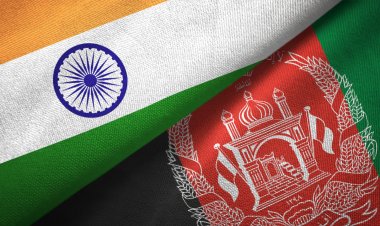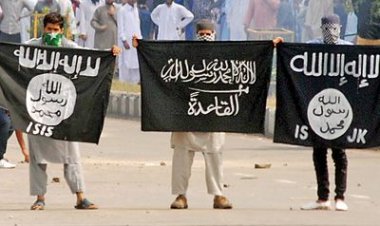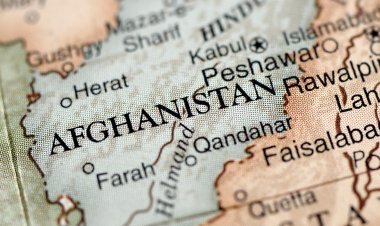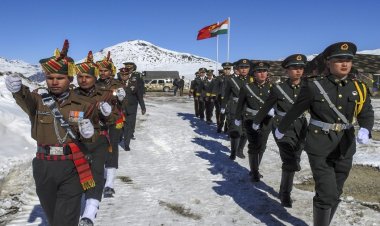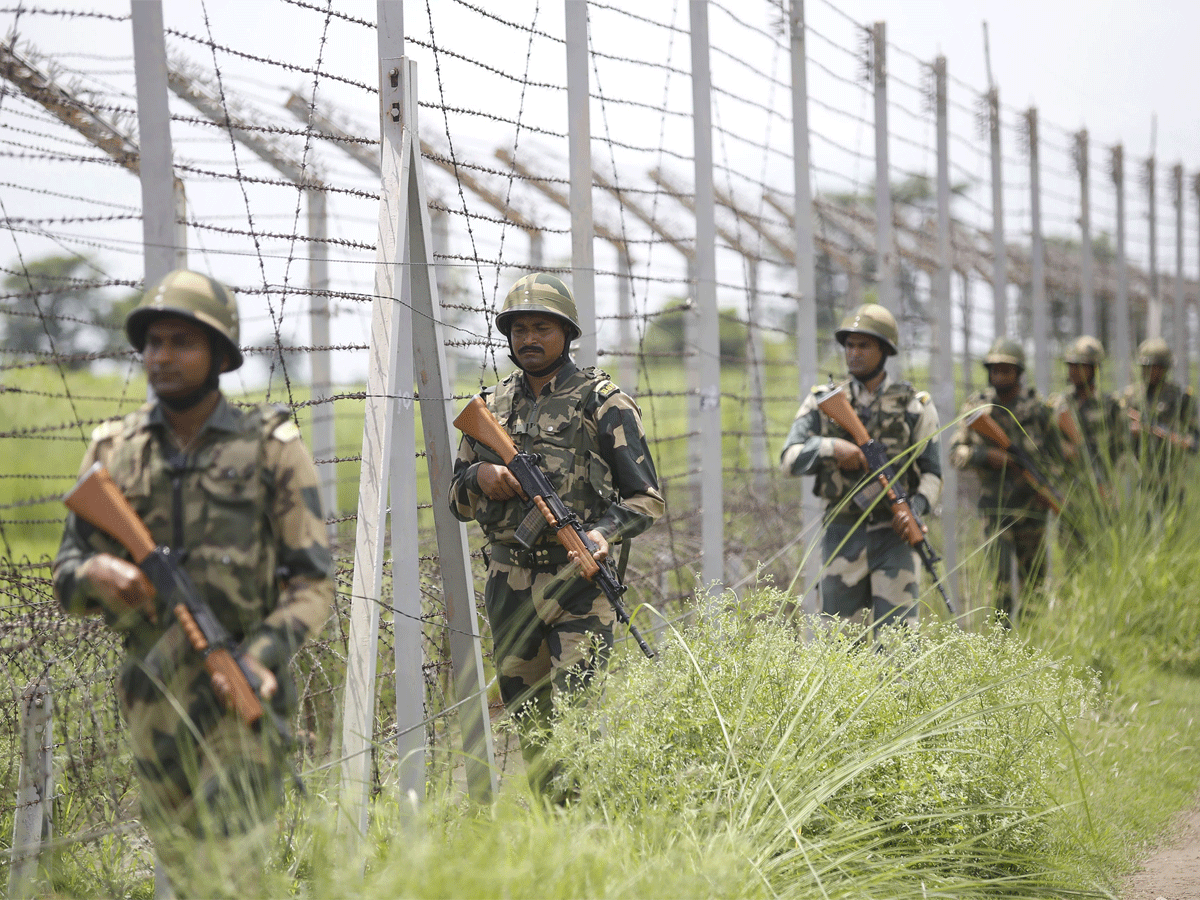Discerning the Historical Context of Taliban's desire to train its soldiers in India
The article analyses why successive Afghan governments have tried to avoid dependence, especially concerning military affairs, on immediate neighbors.
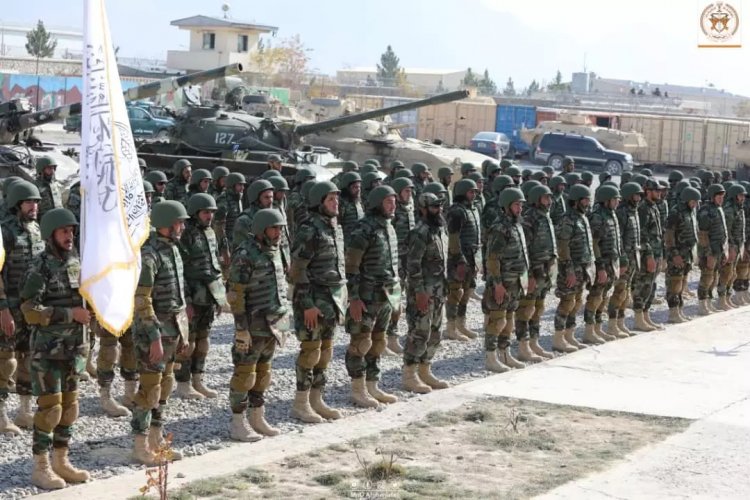
Analysis
By Arwin Rahi
In early June 2022, many in Pakistan were surprised when the Taliban defense minister Mulla Mohammad Yaqoob said he had no issue with sending Afghan military officers for training to India. The obvious expectation in Pakistan is that the Taliban, who for nearly three decades has received support from different quarters in Pakistan, should keep away from India, and not have cordial relations with it. It is an unrealistic expectation, and whoever—Pakistani or otherwise—entertains such an unrealistic expectation of the Taliban is bound to be disappointed.
Since the 1920s, after having regained control of its foreign affairs from Britain in 1919, successive Afghan governments have tried to avoid dependence, especially concerning military affairs, on immediate neighbors. Thus, from the 1920s to the 1960s, Turkey, which did not share a common border with Afghanistan, was an ideal destination for sending Afghan military officers for training.
In the wider context, in the early 1920s, Afghanistan established formal relations with France, Germany, and Italy to balance its relations with its immediate neighbors: the British in India and the Russians in Central Asia. Afghanistan’s efforts in this regard met with some setbacks when the United States, under British influence, decided not to establish relations with Afghanistan in the 1920s.
India only came into the picture as a destination for Afghan military officers after the partition of the Subcontinent in 1947, and only after Pakistan emerged as a buffer between Afghanistan and India. Had the Subcontinent not been partitioned and India continued to be Afghanistan’s neighbor, Afghanistan would not have sent its military officers for training to India. The same is true about Iran and Turkey. Afghanistan has not sent military officers for training to Iran, an immediate neighbor. Afghanistan, however, has sent on and off military officers for training to Turkey for nearly a century.
By deviating from Afghanistan’s traditional policy of not sending military officers for training to neighboring countries, the Afghan Prime Minister Sardar Mohammad Daoud (1953-63), having received Soviet weapons in the 1950s, committed the blunder of sending military officers for training to the neighboring Soviet Union, which in turn infiltrated the Afghan army. Despite Soviet infiltration of the Afghan army, as long as Afghanistan’s last king Mohammad Zahir was in power, he made sure Soviet-trained officers were not promoted to higher ranks.
Sardar Daoud, however, recruited Soviet-trained junior military officers to overthrow his cousin Mohammad Zahir in July 1973, from which point on Soviet influence in the Afghan army kept rising until it invaded Afghanistan in December 1979, and occupied it until February 1989. That was too high a price to pay for sending military officers for training to a neighboring country.
In October 2011, Commander of NATO troops in Afghanistan General John Allen brought a message to President Hamid Karzai from the Pakistan Chief of the Army Staff General Ashfaq Kayani. General Kayani had suggested that Afghan army officers be trained in Pakistan. President Karzai advised General Allen that Afghanistan had once sent its military officers for training to a neighboring country, namely the Soviet Union, and we all knew the outcome of that. President Karzai added that Afghanistan would not send its military officers for training to neighboring countries.
Out of Afghanistan’s present six neighbors, China can be the only exception as a destination for military training. China shares a very short and remotely-located border with Afghanistan where there are no paved roads, the terrain is mountainous, and the weather is usually cold throughout the year.
Moreover, historically, Afghans—like most Muslims—have known China’s current eastern province of Xinjiang as Turkistan—the land of the Turks or Turkic people—home to Muslim historical cities such as Yarkand, Khotan, and Kashghar, which China occupied less than a century ago. With Turkistan being Afghanistan’s immediate neighbor, sending officers for training to (eastern) China will not run against Afghanistan’s traditional policy of not sending officers for training to neighboring countries.
Finally, if Afghanistan wanted to send its officers for training to a neighboring country, Iran would be an ideal destination, given that there would be no cultural or language barrier. Afghans, however, believe that it is not in their interest to have neighboring countries, including Pakistan, train their military officers. It is in this context that those disappointed (and surprised) in Pakistan and beyond should understand why Afghanistan will send its military officers for training to countries like India and Turkey, but not to any neighboring countries like Iran and Pakistan.
Disclaimer: This paper is the author's individual scholastic contribution and does not necessarily reflect the organization's viewpoint.
Arwin Rahi is a former adviser to the Parwan governor in Afghanistan. He can be reached at rahiarwin@gmail.com.



